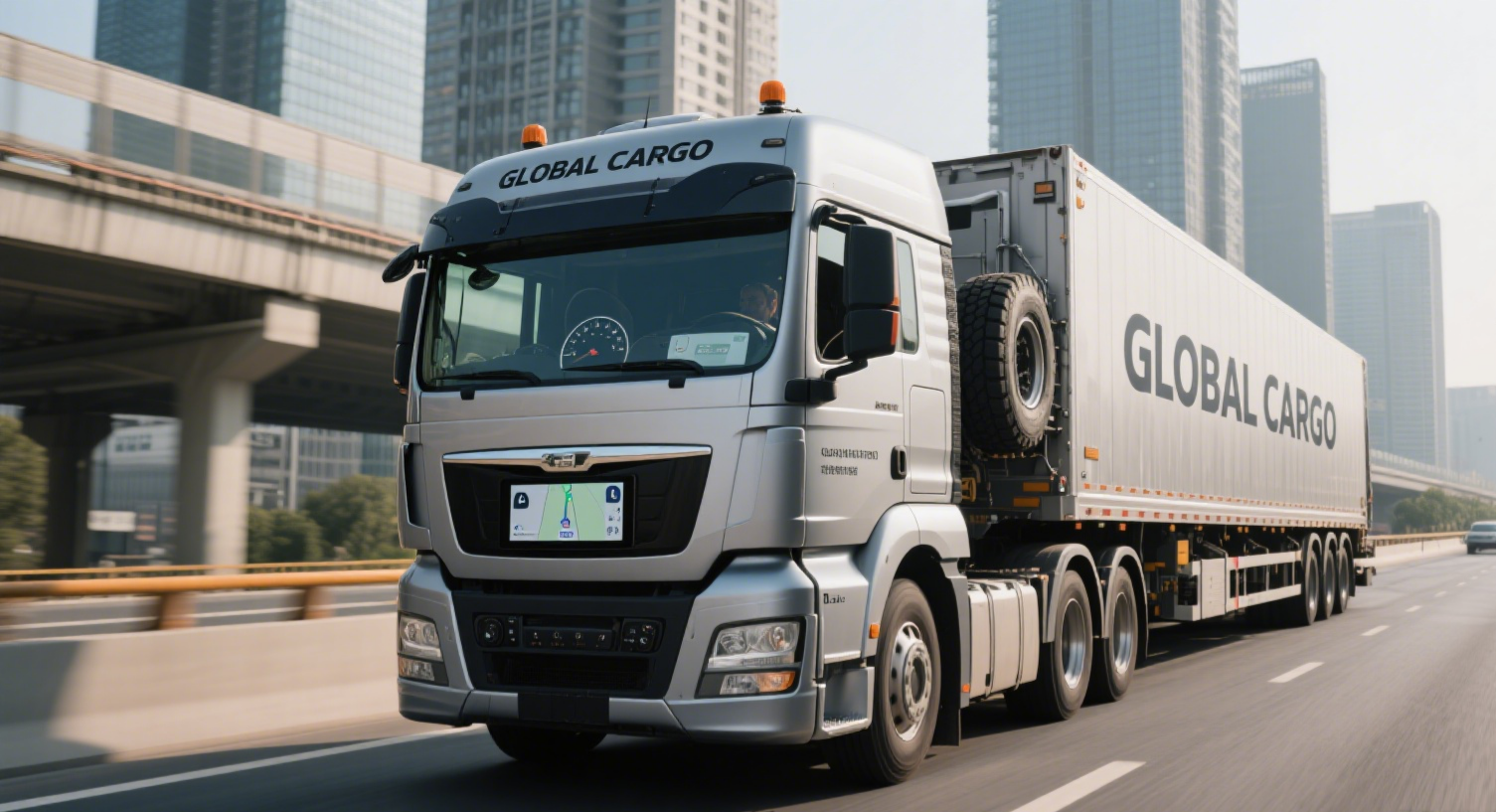China shipping Egypt has become a critical trade route connecting Asia and North Africa. Many businesses in Egypt rely heavily on Chinese imports, ranging from electronics, textiles, and machinery to raw materials. However, international shipping often comes with challenges such as fluctuating freight costs, long transit times, customs clearance, and unexpected delays.
This article provides a complete guide to China shipping Egypt, covering what it is, how it works, available modes of transportation, related terms, challenges, and—most importantly—real case studies with shipping costs and timelines. By the end, you’ll know how to optimize your logistics, avoid common pitfalls, and secure reliable shipping for your business.
What is China Shipping Egypt?
China shipping Egypt refers to the logistics services that transport goods from manufacturing hubs in China (such as Shenzhen, Guangzhou, Ningbo, and Shanghai) to Egyptian ports (primarily Alexandria, Port Said, and Damietta). The trade volume is massive: China has been one of Egypt’s top trading partners, with imports exceeding $15 billion annually.
Shipping is generally carried out by three modes: sea freight, air freight, and courier/express services. Each comes with different costs, transit times, and restrictions.
What Does It Do?
The goal of China shipping Egypt is to ensure smooth movement of goods from suppliers in China to buyers in Egypt. A China shipping forwarder coordinates all logistics: booking vessels or flights, consolidating cargo, handling documentation, arranging customs clearance, and delivering goods to the final destination.
These services are essential for businesses that lack direct experience in international logistics. Choosing the right shipping method affects not just costs but also delivery reliability and business competitiveness.
What Does It Do in Different Modes of Transportation?
| Mode of Transport | Average Cost (per CBM or KG) | Transit Time | Best For |
|---|---|---|---|
| Sea Freight (FCL/LCL) | $35–$50 per CBM (LCL); $2,300–$3,000 per 20GP | 25–35 days | Bulk cargo, heavy machinery, textiles |
| Air Freight | $5.5–$8.5 per kg | 5–7 days | Urgent cargo, electronics, high-value items |
| Courier (DHL, FedEx, UPS) | $7–$12 per kg (small parcels) | 3–5 days | Samples, e-commerce, small orders |
Relevant Terms and Conditions
- Incoterms (FOB, CIF, DDP): Define responsibilities between buyer and seller.
- Bill of Lading (B/L): Legal document for sea freight.
- Airway Bill (AWB): Equivalent for air cargo.
- Customs Duties & VAT: Egypt typically imposes import duties between 5%–30%, depending on product type, plus a 14% VAT.
- Container Types: 20GP, 40GP, 40HQ are standard for sea freight.
- LCL vs FCL: Less-than-container load vs. full container load.
Differences in Performance in Different Countries
Shipping from China to Egypt differs from other destinations:
- Transit Time: Faster than China → South America, but slower than China → UAE.
- Costs: Egypt’s shipping rates are moderate—cheaper than Europe, but higher than Middle East routes due to customs processes.
- Customs: Egypt has stricter documentation requirements compared to some African nations.
- Port Congestion: Alexandria often faces congestion, leading to delays.
How to Avoid Problems in China Shipping Egypt
“The key to successful shipping is planning ahead—book containers early, check documentation twice, and always factor in customs delays.” — Logistics Consultant, Top China Freight
Common Problems & Solutions:
- Delays at Alexandria Port: Use Port Said as an alternative entry point.
- High Costs: Compare different shipping lines; sometimes smaller carriers offer competitive rates.
- Customs Delays: Hire an experienced China shipping forwarder who understands Egypt’s regulations.
- Damaged Goods: Use proper packaging and insurance.
Real-World Examples
Case 1: Sea Freight (China → Egypt)
📍Cargo: 1×40HQ container of textile fabrics
📍Origin: Guangzhou, China
📍Destination: Alexandria, Egypt
📍Cost Breakdown:
- Ocean freight: $3,200
- Local charges in China: $450
- Customs duties & VAT: $2,150
- Inland trucking (Alexandria → Cairo): $350
- Total: $6,150
📍Transit Time: 31 days
📍Outcome: Delivered to Egyptian clothing factory on time.
Case 2: Air Freight (China → Egypt)
📍Cargo: 1,200 kg electronics (mobile accessories)
📍Origin: Shenzhen, China
📍Destination: Cairo, Egypt
📍Cost Breakdown:
- Air freight: $6.5/kg × 1,200 kg = $7,800
- Handling & documentation: $620
- Customs & VAT: $2,350
- Total: $10,770
📍Transit Time: 6 days
📍Outcome: Retail chain received goods before holiday sales, boosting revenue.
Conclusion
China shipping Egypt plays a vital role in connecting businesses across continents. Whether you choose sea freight for cost savings, air freight for speed, or courier for flexibility, the right logistics strategy ensures success. By working with an experienced China shipping forwarder, understanding customs rules, and planning ahead, Egyptian importers can avoid costly mistakes.
- Consult TJ China Freight Forwarding for the lowest quote. They will provide you with reliable, cost-effective service.
FAQ:
Q1.What is the busiest shipping season from China to Egypt?
Peak season is usually before Ramadan, Black Friday, and year-end holidays when demand surges.
Q2.How can Egyptian importers choose a reliable China shipping forwarder?
Check licenses, track record, network strength, and local Egyptian customs clearance partners.
Q3.Which Chinese cities handle most exports to Egypt?
Major hubs include Shenzhen, Guangzhou, Ningbo, Shanghai, and Qingdao.
Q4.What hidden charges may occur when shipping from China to Egypt?
Possible charges include port congestion surcharges, demurrage fees, and documentation costs.
Q5.How do trade policies between China and Egypt impact shipping?
Bilateral agreements often reduce tariffs on certain goods, improving shipping affordability.




